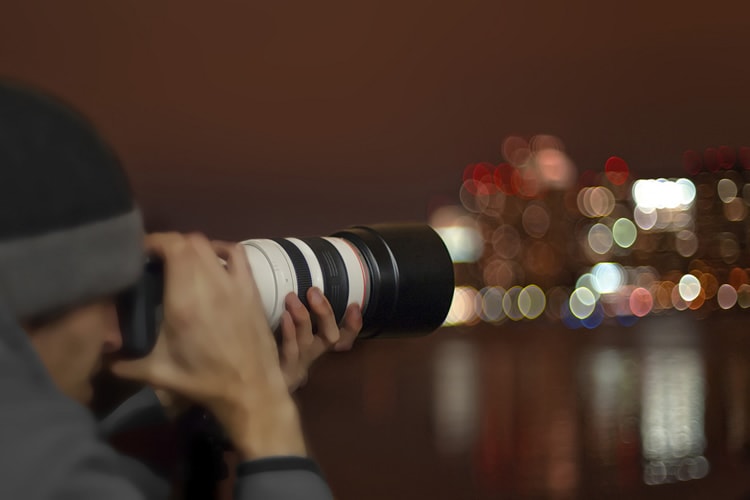Photographers Beware: Exposure vs. Paying Jobs
Breaking into the world of photography can be extremely difficult, however it does come with some amazing benefits. The hardest part is knowing when to take a job and when to say no.
There seems to be a never ending supply of jobs that offer to pay in exposure. Even though the job may sound great on paper, that doesn’t mean the reality is going to be what you imagined.

photograph by Justin Jensen
There are several different types of photographers out there, so don’t expect a ‘one size fits all’ answer for this query. Keep in mind that what may work for some of us will turn out to be completely wrong for someone else, but that isn’t necessarily a bad thing.
Don’t get discouraged if the first job you accept doesn’t go as planned. Most photographers that I know, myself included, have been burned at least once.
Paying Jobs
There is nothing like being offered compensation for doing what you love. Being offered a paying photography gig is typically a wonderful event, but it can quickly go terribly wrong without the right precautions. Over the years, I’ve heard some real horror stories from fellow photographers and decided to change how I do business because of them.
After accepting a job, consider drawing up a simple contract and present it to the client for inspection. This way both parties have not only verbally agreed on the amount and details, but have a written agreement as well. This can make a huge difference on how business is handled and help prevent miscommunication.
One other widely debated concept is at what point money should be exchanged. Some photographers ask for a flat 50% up front before any work is completed, while others prefer to wait until the work is ready for delivery.
I personally will not deliver unmarked photographs without full compensation. Once the photographs have been released there is no guarantee of payment and it leaves the photographer at the mercy of the client. It is the same concept as going to the store to purchase bread. You can’t take the bread home and make sure it is not stale before paying for it. Why should a photographer do all the work and then wait around for the client to decide to pay for it?
Exposure Jobs
The biggest part of becoming a professional photographer is learning to market your work. Photography jobs that offer exposure in exchange for using your work are a dime a dozen, but they can help build up a client list. There is nothing wrong with accepting a few offers in exchange for getting your name out but consider a few things before agreeing.
- How big of an audience will this reach?
- Does this job match your target audience?
- Will you be able to license out this piece later on?
- Is it for a good cause?
Beware of signing any long term contracts that limit your ability to remarket the piece later on. It is normal to sign this type of contract with a paying client for a period of 1 to 3 years, but not for exposure. Also keep in mind that it will limit the amount of clients who will be interested in that piece in the future. Many clients prefer photographs that have not been previously published.
Remember, you own the copyrights to your images as long as you don’t sign a contract that says otherwise or license your images for use.
Photography Scams
There are quite a few photography “contests” that should honestly just be labeled as scams. One of the most common scams is a contests that has a substantial entry fee and does not offer any real prize to be won. Let’s say that you pay $20 to enter a contest and the prize is a select number of photographers will win features in an upcoming book.
That sounds great, right? In actuality, what you’re doing is giving the author enough money to publish their book as well as providing free material all for the sake of exposure. If that wasn’t bad enough, most of these contests require the photographer to buy their own copy of the book as well.
The above example is just one of the many scams out there that sound great on paper, but in reality it is you paying for a little exposure in a book that is probably only being purchased by other photographers like yourself wanting to show off their work in a published book. This is not to say that all contests that require an entry fee are a scam.
Tips for avoiding contest scams:
- Research the company.
- Look up previous winners and verify they exist.
- Read over all of the rules and fine print.
- Avoid contests with entry fees over $35. (If a contest asks for more than $35, that alone doesn’t make it a scam, but it’s definitely on the high end. There had better be an awesome prize!)
- If the contest offers to publish your photograph in a book, then make sure they are sending you a copy for free.
- Verify who is judging the contest. If no judges are listed, this can be a red flag.
Do you have any warnings or tips for fellow photographers? We always love hearing from you, share your stories via Twitter or Facebook!
